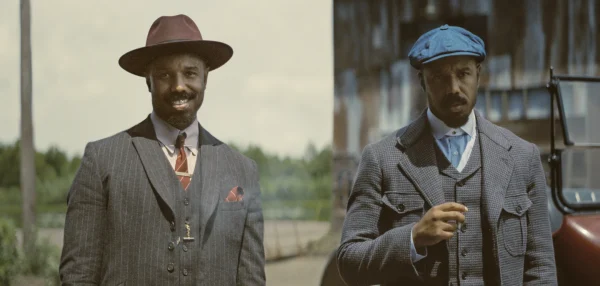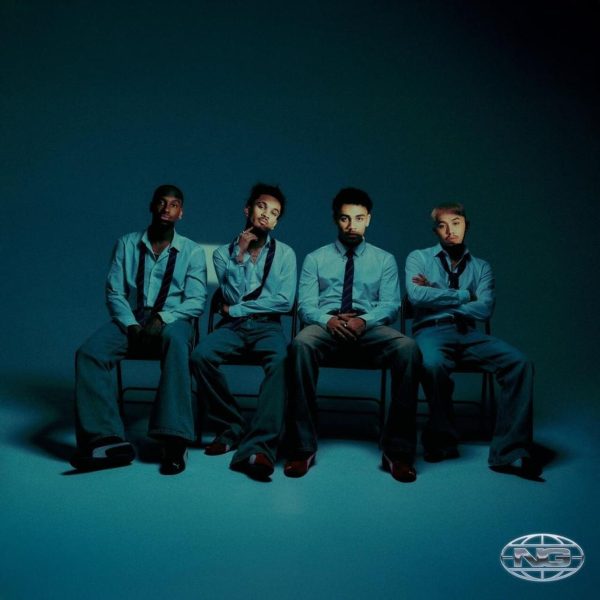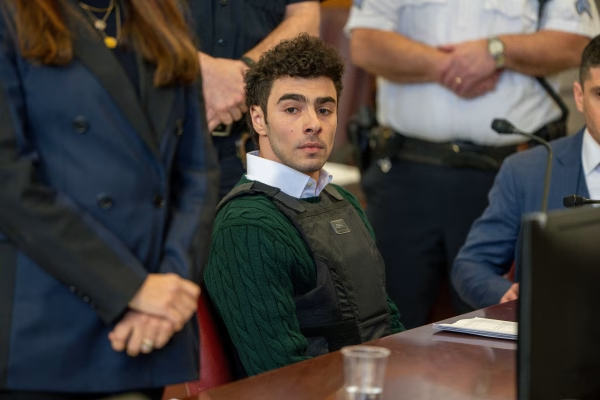Women’s History Month lecture held
Throughout history, women have played an integral part in shaping the events of the world, even if they didn’t always end up in history books.
Since 1995, America has celebrated Women’s History Month in March to honor the women of both the past and present.
To honor this month, Park University held a lecture on women’s military history presented by Janet Valentine, a historian hailing from the Command and General Staff College located at nearby Fort Leavenworth.
“I have always been fascinated by the results of war,” said Valentine. “They have profoundly shaped the world we live in.”
Though she grew up in the times of the women’s liberation movement, the historian said she didn’t consider herself a feminist and proponent of women till she began her studies in history. When it comes to military, she saw the way women were treated to be indicative of the state of sexism in each area.
“Women are citizens of the world,” she said. “Up until very recently, we have been denied full citizenship in this aspect.”
At the lecture, Valentine delved into this by discussing four major milestones in military history involving women, which were World War II; the Women’s Armed Services Integration Act; the All-Volunteer Force; and the current issue of lifting combat restrictions.
During World War II, 350,000 women joined the Armed Forces as well as filled the roles of men in all manner of production jobs that they never would have had opportunity to in non-wartimes. Until recent times, this is when women had the most freedom within the military. After World War II, women were allowed in the armed forces, but restrictions and policies placed on them.
Valentine said the tide turned in how the military and America saw women in the armed forces during the Persian Gulf War. In this war, where all women had volunteered for their positions, they were given the chance to be a part of on-ground forces.
A recent development in women’s military history specifically is the lifting of combat restrictions on women. Currently, the military is in the process of training and testing females in combatant situations.
The importance of knowing about the sacrifices and discrimination women have made in the military’s long history is vital knowledge for every American citizen, Valentine said.
“I believe that it is important for (military) women to be recognized for the sacrifices that they made then and now,” said Katherean Swartz, an American veteran and a senior majoring in business management and human resources. “The media does not portray the valiant female soldier in the way that male soldiers are. Rangers, infantry and special operations sell more airtime than female anything.”
Your donation will support the student journalists of Park University. Your contribution will allow us to cover our annual website hosting costs, freeing up other funds for equipment, printing and training.






